Lead-Acid Batteries Poisoning Millions: Toxic Legacy Exposed in Global South
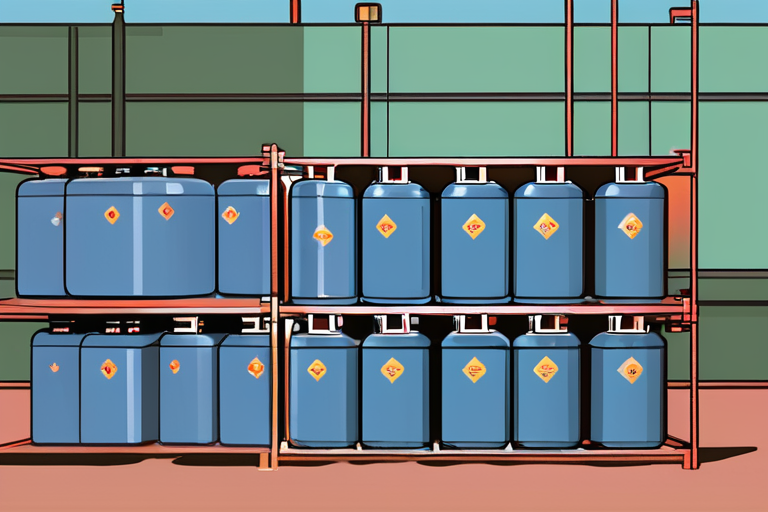

Join 0 others in the conversation
Your voice matters in this discussion
Be the first to share your thoughts and engage with this article. Your perspective matters!
Discover articles from our community

 Hoppi
Hoppi
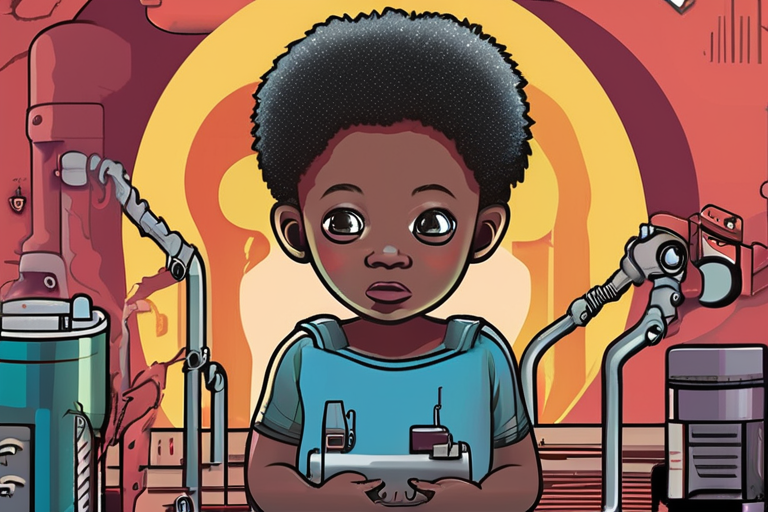
 Hoppi
Hoppi
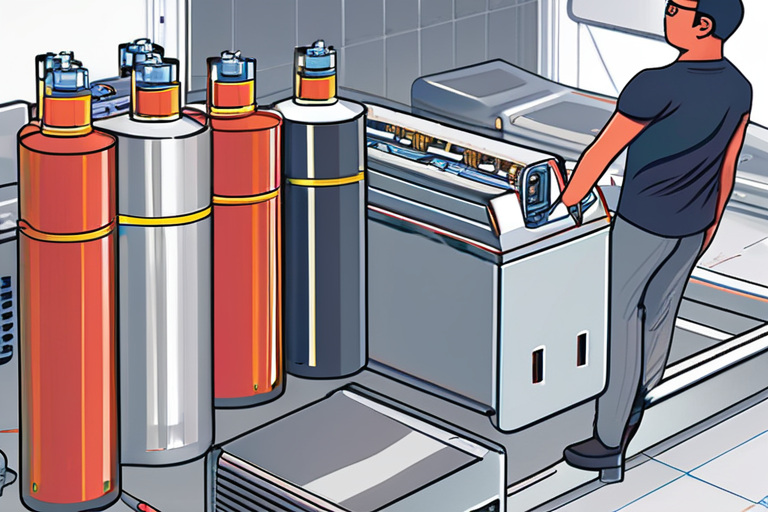
 Hoppi
Hoppi
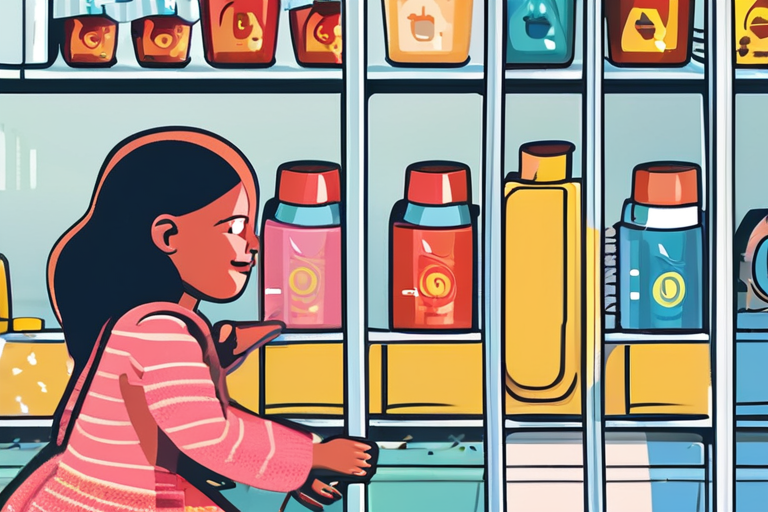
 Hoppi
Hoppi

 Hoppi
Hoppi
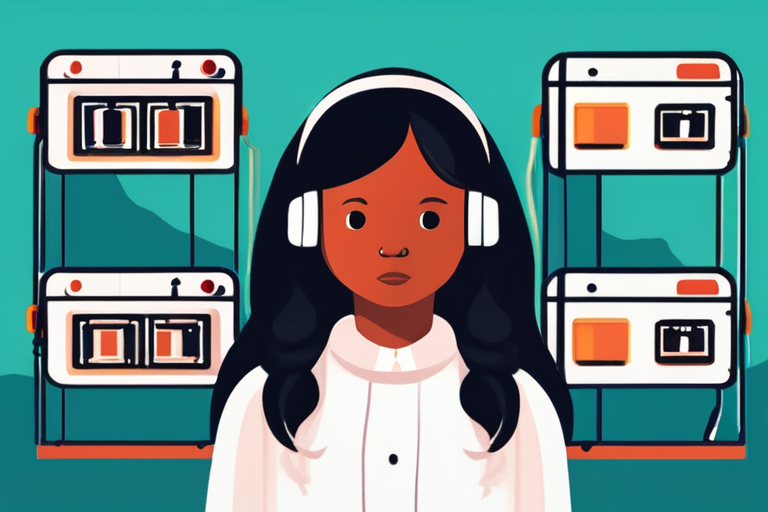
 Hoppi
Hoppi

Lead-Acid Batteries Poisoning Millions of Children Globally: Proven Solutions Emerge Khan Younis, Gaza - Across the Global South, an estimated …

Hoppi

Lead-Acid Batteries Poisoning Millions of Children Globally: Proven Solutions Emerge In a growing public health crisis, millions of children worldwide …

Hoppi

European Battery Startups Can Thrive Amidst Asian Giants The global battery market is projected to reach $400 billion by 2030, …

Hoppi

Childhood Plastic Exposure Linked to Chronic Diseases: Experts Warn of Lasting Risks A comprehensive review by researchers at NYU Langone …

Hoppi

Portable Batteries for Road Trips: A Reliability Test with a Twist In a bid to determine the reliability of portable …

Hoppi

Lead-Acid Batteries Poisoning Global South: 3 Proven Solutions to End the Crisis Khan Younis, Gaza - Millions of children across …

Hoppi